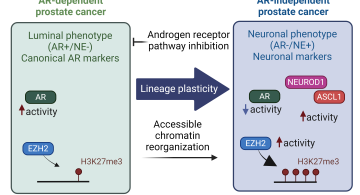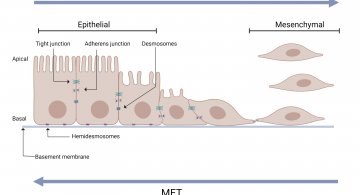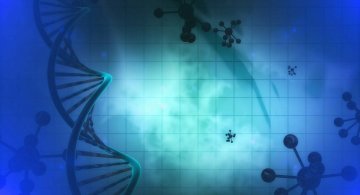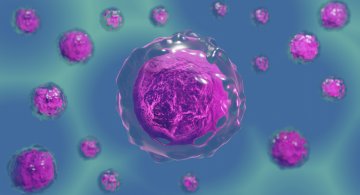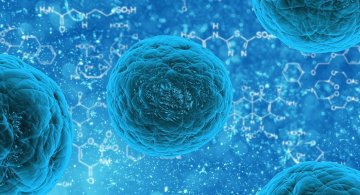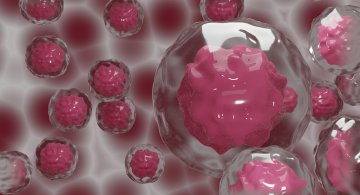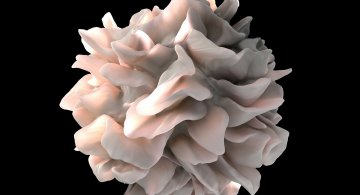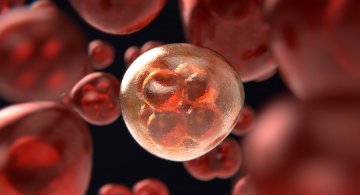Cancer
Epigenetic plasticity drives castration-resistant prostate cancer (CRPC) to neuroendocrine prostate cancer (NEPC) transition, marked by chromatin remodeling and DNA methylation changes
Cancer
Abnormal histone modifications affect expression of key epithelial to mesenchymal transition (EMT) marker genes, driving cancer metastasis.
Cancer
A key characteristic of cancer cells is their ability to adapt their metabolism to their environment, and some of these changes are dependent on epigenetic dysregulation.
Cancer
In order to grow, proliferate and spread throughout the body, rapidly dividing cancer cells require a constant stream of nutrients and access to the circulatory system.
Cancer
A fundamental characteristic shared by cancer cells is the ability to replicate indefinitely—a process that is strongly influenced by epigenetic regulation.
Cancer
Aggressive tumours often carry defects in their ability to repair DNA, enabling them to accumulate mutations and adapt to the challenging environment.
Cancer
The ability to hide from the immune system is a well-established hallmark of cancer cells.
Cancer
Uncontrolled cellular division combined with evasion of apoptosis is a classic hallmark of cancer.
Cancer
In healthy tissue, antigrowth signals halt the proliferation of cells. Cells bypassing the them are a step closer to becoming cancerous.
